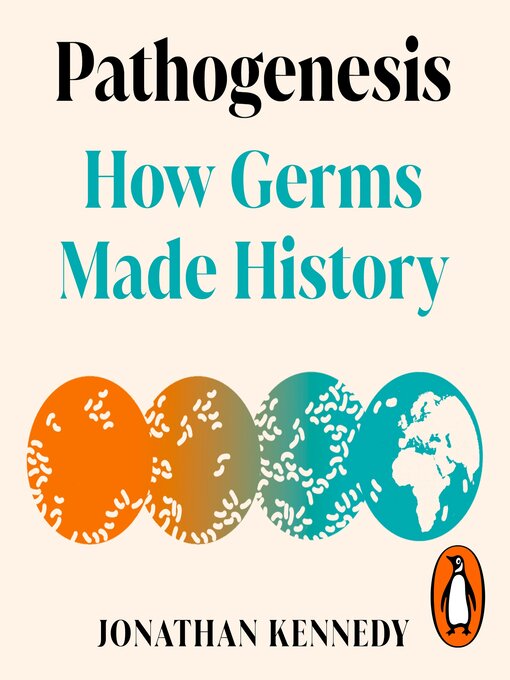Brought to you by Penguin.
Humans did not make history - we played host.
This humbling and revelatory book shows how infectious disease has shaped humanity at every stage, from the first success of Homo sapiens over the equally intelligent Neanderthals to the fall of Rome and the rise of Islam. How did an Indonesian volcano help cause the Black Death, setting Europe on the road to capitalism? How could 168 men extract the largest ransom in history from an opposing army of eighty thousand? And why did the Industrial Revolution lead to the birth of the modern welfare state?
The latest science reveals that infectious diseases are not just something that happens to us, but a fundamental part of who we are. Indeed, the only reason humans don't lay eggs is that a virus long ago inserted itself into our DNA, and there are as many bacteria in your body as there are human cells. We have been thinking about the survival of the fittest all wrong: evolution is not simply about human strength and intelligence, but about how we live and thrive in a world dominated by germs.
By exploring the startling intimacy of our relationship with infectious diseases, Dr Jonathan Kennedy shows how they have been responsible for some of the seismic revolutions of the past 50,000 years. A major reassessment of world history, Pathogenesis also reveals how the crisis of a pandemic can offer vital opportunities for change.
©2023 Jonathan Kennedy (P)2023 Penguin Audio
- eBooks for Adults
- eBooks for Young Adults
- eBooks for Children
- Picture books
- Recently Added eBooks
- Travel
- Mystery
- Romance
- Newly Added eBooks
- Most Popular eBooks
- See all ebooks collections
- Audiobooks for Adults
- Audiobooks for Young Adults
- Audiobooks for Children
- Newly Added Audiobooks
- Most Popular Audiobooks
- Try Something Different
- Book Express
- See all audiobooks collections
- Newly Added Magazines
- Popular Australian Magazines
- Business & Finance
- Car & Motorcycle
- Crafts
- Entertainment
- Fashion
- Food & Wine
- Home & Garden
- Men's Lifestyle
- Women's Lifestyle
- Technology & Gaming
- All Magazines
- See all magazines collections

